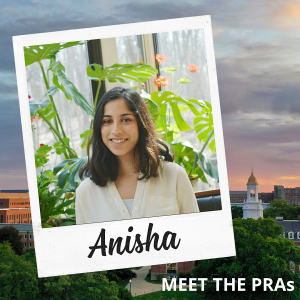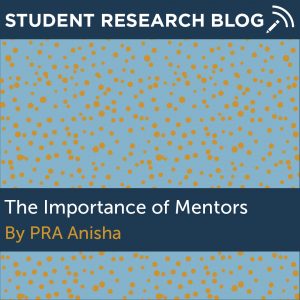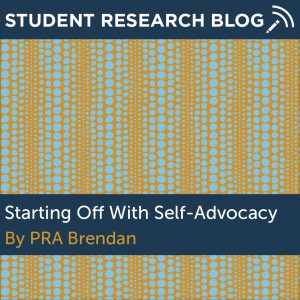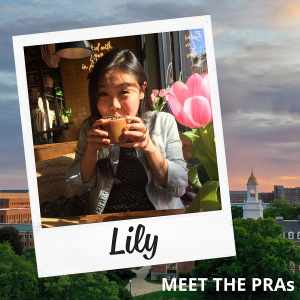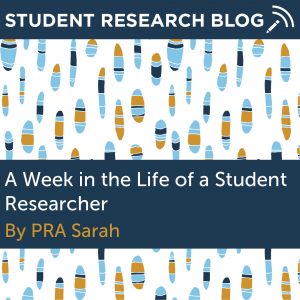Meet Kerry Morgan ’21, an OUR Peer Research Ambassador (PRA) majoring in Allied Health Sciences and Molecular & Cell Biology.
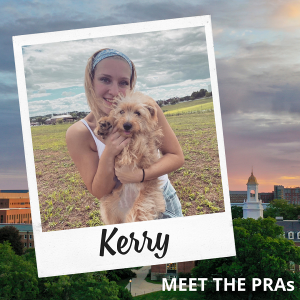 What is the focus of your research?
What is the focus of your research?
I have been working in Dr. James Li’s lab at UConn Health since the beginning of June 2019. My project focuses on tracing lineages of cells throughout cerebellar development. We use genetically modified mice to replicate human models of gene expression, and we analyze the resulting phenotypes. The specific mouse lines used for my project focus on the upregulation and downregulation of the ERK kinase cellular signaling pathway. By doing this, we can observe the effects on a specific type of cell, specifically the granule cells. This research has the potential to uncover the developmental activity of specific lineages and clusters of cells, which contributes to the overall picture of how cerebellar cell types interact through molecular signaling during development.
Why did you get involved in research?
I got involved in research for a lot of different reasons. First off, I wanted to find a project that I was really passionate about. I didn’t want to get involved just for the sake of having it on a resume, rather I wanted a meaningful research experience that I could learn from. While classes teach you basic information, it is easy to simply memorize and move on with your life. I wanted to go further into the science behind what is learned in class. Research is a real life application of the things you learn in class; it is hands on rather than written on a PowerPoint in a classroom. My current research endeavor has taught me infinitely more than I could’ve ever imagined as an undergraduate student. It still surprises me how much I learn just by going into the lab each day!
Another reason I chose to pursue research was for the purpose of building applicable skills. Research has the potential to really build on important skill sets, which can be applied in any future job field. Being able to problem solve, think creatively, and thoroughly analyze data are all skills that I wanted to learn from getting involved in research. I have always wanted to go to medical school (and am considering a combined MD/PhD), and all of the skills used in research are directly useful for treating patients. Although my research does not directly involve human subjects, I can confidently say that many of my developed skills are directly transferable to my future career path.
What advice would you give to incoming first-year students?
My main advice for an incoming freshman would be to take it slow and not rush into anything you aren’t ready for. Freshman year is a really exciting time, but it can also be really overwhelming. I didn’t even have my first research opportunity until fall of sophomore year, which is completely normal! There is no timeline for getting involved, so taking your time and feeling everything out is sometimes the smartest move. Another thing I would recommend is looking at faculty webpages to read about their research. This may help you gauge what you are interested in, and it will help you follow along with current research being performed in a department of interest. Lastly, I would recommend broadening your horizons. Think outside of your major, and maybe you could find something really interesting that you never would have expected!
What do you enjoy the most about participating in research?
One of my favorite things about my research is that I can make what I want out of it. There are endless things to learn and know about my area of research, and it is always exciting to constantly be learning new concepts. I feel as though I can always better myself through my research, and it constantly pushes me to learn more. Even further, the feeling of accomplishing something new is motivation enough to keep trying harder. I also love being able to contribute and make sense of what is happening around me, which is something I am able to do every day in the lab.
Describe the impact your research experience has had on you.
I feel more and more confident every day, and it has affected my overall confidence outside of the lab as well. I never thought I’d be able to conduct some of the experiments and procedures that I am currently doing in the lab, and it has given me so much hope and excitement for my future as a researcher/physician! No matter what I accomplish at school, I will always feel most proud of my work in research. I will always be able to reflect upon my experiences as an undergraduate researcher, and it has definitely changed me for the better.
What is your greatest accomplishment so far?
I would have to say my greatest accomplishment is being selected as a University Scholar. This is something that I was hoping to achieve as an undergraduate student, and having that become reality was very exciting. I have much more that I want to accomplish before I graduate, such as publishing a couple of papers and presenting at a conference.
Click here for more information on Kerry and other OUR Peer Research Ambassadors.
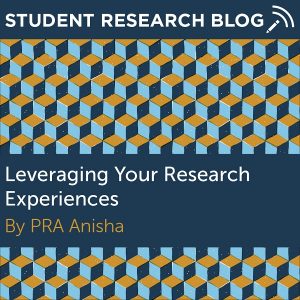
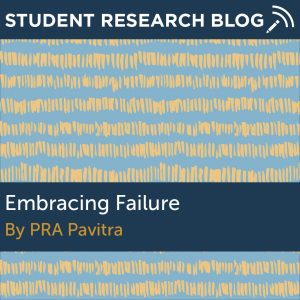
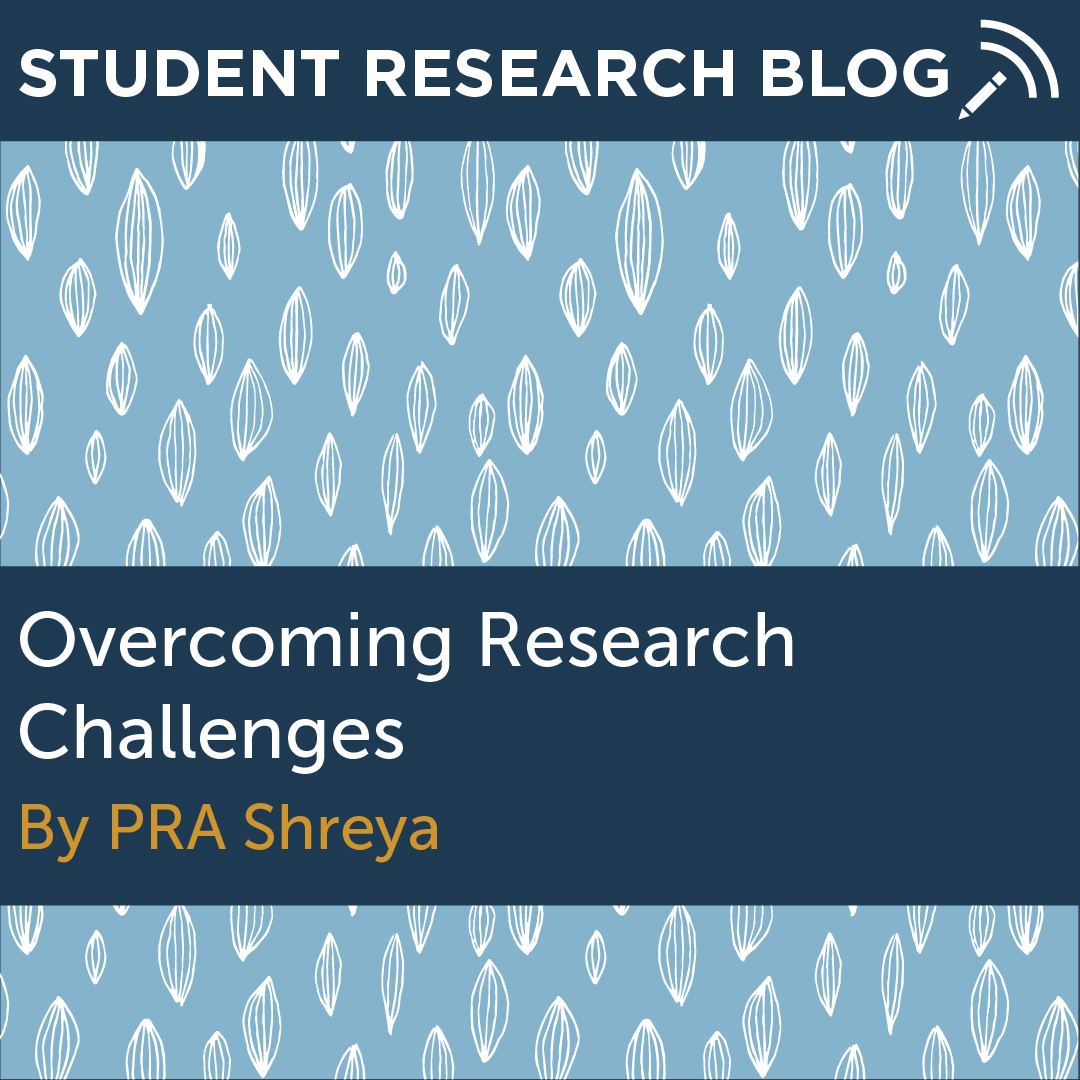
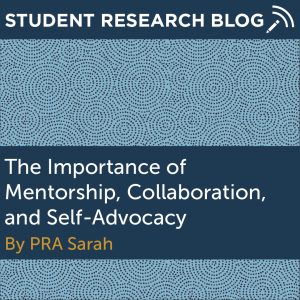 If you just joined a lab, or you’re stuck in your research growth and development, take a minute to read what I have to say about mentorship, collaboration and self-advocacy!
If you just joined a lab, or you’re stuck in your research growth and development, take a minute to read what I have to say about mentorship, collaboration and self-advocacy!